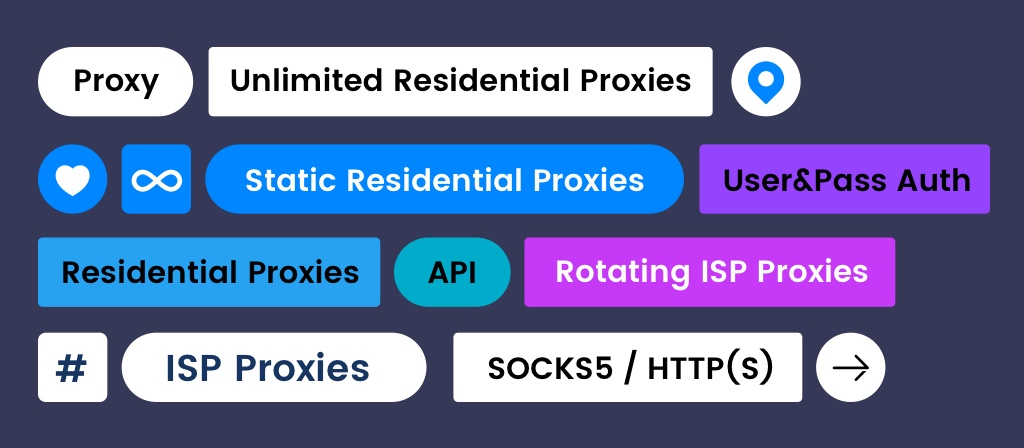
Practicing mindfulness does not require dedicating long hours to formal meditation sessions. Many people assume that mindfulness demands extended periods of sitting quietly with closed eyes, but in reality, it can be integrated into daily life through simple and manageable actions. The key lies in cultivating awareness of the present moment without judgment, which can be achieved through brief moments of focused attention throughout the day.
One effective way to practice mindfulness without lengthy meditation is by paying close attention to routine activities. For example, when washing your hands or brushing your teeth, focus entirely on the sensations-the temperature of the water, the texture of the soap or toothpaste, and the movements involved. This intentional awareness anchors you in the present experience rather than letting your mind wander to unrelated thoughts or worries. Similarly, mindful eating encourages savoring each bite slowly and noticing flavors and textures instead of rushing through meals while distracted by screens or multitasking.
Another accessible approach involves using natural pauses during daily tasks as opportunities for mindfulness. Waiting at a traffic light or standing in line at a store can become moments to observe your breath gently entering and leaving your body. This simple breathing awareness helps calm mental best kratom products chatter and increases clarity without requiring additional time set aside specifically for meditation.
Incorporating mindful listening into conversations also enhances presence and connection with others. Instead of planning what to say next or letting your mind drift during discussions, concentrate fully on what is being said-notice tone, emotion, and subtle cues from body language. This practice not only improves relationships but strengthens overall attentiveness.
Technology offers tools that support short bursts of mindfulness practice as well. Guided apps often provide exercises lasting just one to five minutes designed to cultivate focus quickly and effectively amid busy schedules. Using these resources intermittently throughout the day can build consistency without overwhelming time commitments.
Ultimately, practicing mindfulness is about shifting perspective toward greater awareness rather than achieving perfection in technique or duration. By integrating small moments of conscious attention into everyday routines-whether through sensory observation during mundane tasks or brief breathing checks-you create a sustainable habit that nurtures mental well-being over time.
Consistent application fosters resilience against stress while enhancing appreciation for ordinary experiences often overlooked amid hectic lives. Mindfulness becomes less an isolated activity confined to quiet rooms and more a natural part of living fully awake within each passing moment’s flow.
Embracing this flexible mindset removes barriers related to time constraints commonly cited as obstacles for beginners seeking balance between productivity and self-care priorities throughout their days.








